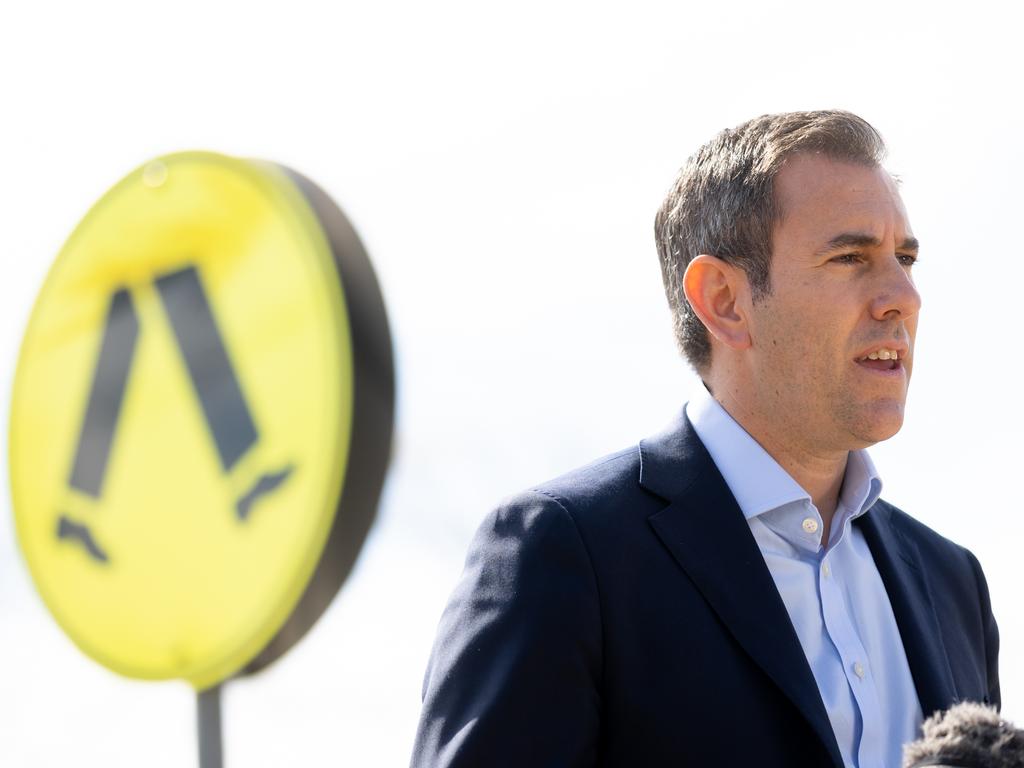
Pressure is growing for older Australians to actively draw on their superannuation more fully – Treasury is pushing for retirees to spend not only the earnings but also the capital. In doing so, retirees would improve their own lives and reinforce the wider super system, or so the theory goes.
Treasury officials have already claimed that many retirees blankly refuse to spend their savings in retirement. “Retirees struggle with the concept that superannuation is to be consumed to fund their retirement,” a recent Treasury white paper reads.
But the reality is much more likely to be that the vast majority of older Australians would readily draw down more in retirement.
The problem is longevity risk.
Every retiree faces the irresolvable difficulty of estimating how much they need, when they don’t know how long they will live – or how expensive daily life will become as they age.
They have no idea how much higher health costs will become.
Just to confirm that point alone, the Challenger report shows that the proportion of people waiting more than one year for elective surgery in the public system has more than doubled to 7.7 per cent inside 12 months.
Similarly, many older Australians have no concept of how long they may face in aged care and how much that might cost.
Moreover, while the Challenger report is both fair and thorough in confirming the patently obvious reason why retirees are slow to spend their super savings, it also omits a range of contemporary concerns as retirees wait for the new federal government’s first Budget, which is due to be handed down on October 25.
Among those concerns for retirees are changes to individual caps on how much of their savings may be held in the system and how much may be held tax free.
There is also the new political power of Teal independence, and a related growing discontent with tax arrangements that are directly relevant to retirees such as franked dividends.
As the report – introduced by Challenger’s Jeremy Cooper – discovers: “When thinking about generating their retirement income, 50 per cent of people said they would maintain part of their capital and spend some savings with just under a quarter intending to maintain most or all their capital.”
Despite this evidence of conservatism, it is also clear that the same retirees are not depending on the pension. In fact, only one in 10 within the survey’s 3000 respondents fall back on that support. Perhaps one of the least explored reasons that retirees do not spend as much as they should – or could – is the distinct lack of trust many older people now have in financial service providers.
The standout example of this mistrust is the tiny take-up in reverse mortgages. The Challenger survey – carried out in conjunction with National Seniors – found that only 2 per cent of the retirees had accessed reverse mortgages, a potential way to unlock cash from the family home.
At the same time, the survey show that a more substantial 19 per cent of retirees were “willing to consider” the products.
It concludes: “Most retirees do not seek financial advice despite, or perhaps because of, the complex nature of retirement finances and the systems that support them. Also, the findings from the Hayne royal commission have increased community distrust of financial advisers.”
Perhaps in a perfect world retirees would have a magic calculator that would allow them to spend exactly as much as they required. Until then, as this report makes clear, they will err on the side of caution.








Roughly one in four retirees will die without touching their super savings. That’s the surprising new finding contained in a new report from investment house Challenger.